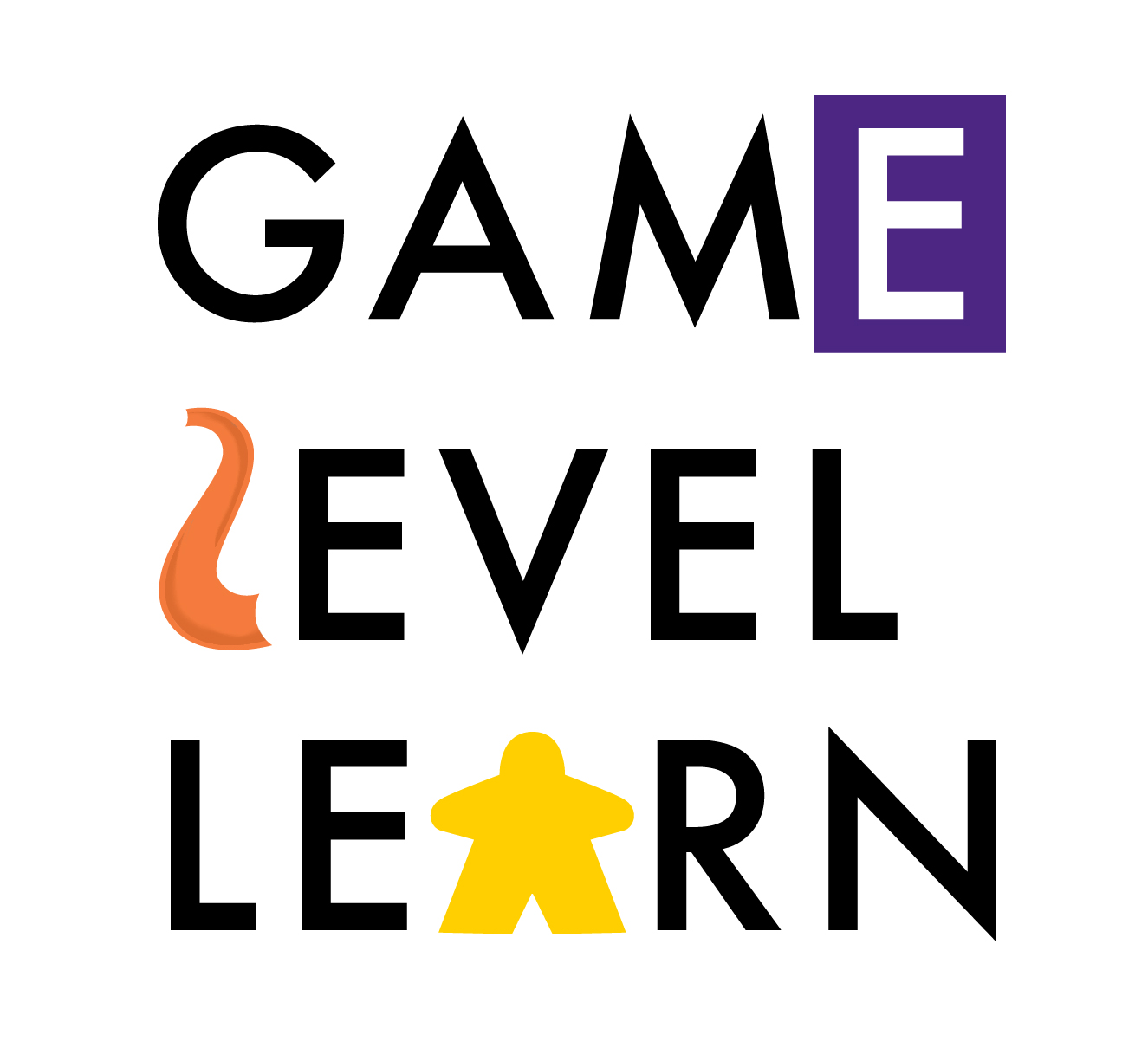51 Mechanics: Card Drafting
/BoardGameGeek (BGG) is a singular repository of gaming information, knowledge and wisdom that has been serving the modern board game hobby since 2000. I consult it regularly and have used its database to manage my own game collection. I also used it when I was writing my 2016 book on gamified instruction, particularly with regard to the game mechanics that BGG identified and organized content into. While there are more than 85,000 games, even now, there are just 51 mechanics. Since every mechanic offers something to the teacher who wants to use games in the classroom, I'm going to use this section of Game Level Learn and my own contributions to it to assess games from each of these 51 mechanics. Next up?
The next mechanic on the hit parade is one of my all time favorites - card drafting. And judging from the ranking of card drafting games in the Top 100 on Board Game Geek, it is a huge favorite for millions of players. Card drafting games are all over the BGG Top 100, and they're there for a reason. These games, even when they are complex, have an accessibility that belies that complexity. Moreover, the ways in which the mechanic expresses itself can take forms of subtle difference, keeping the mechanic fresh even when it has been redeployed. In a card drafting game, players use some form of in-game currency (resources, cash) to shape their decisions about cards to buy from an assortment of cards or tiles that are presented to them. In some of these games (like 7 Wonders), players have a deck of cards from which they draft (acquire) the card amongst the deck that they believe will give them the greatest advantage. In other card drafting games, players might have to buy cards with resources from a tableau of cards (like Splendor). The upshot of this is that cards in combination give the player more power to buy, draft and acquire other cards that are more expensive and give greater victory points. There are very few games in my experience that feature this mechanic that aren't great fun. Here are five worth looking at:
Castles of Mad King Ludwig (BGG Rank: 66)
In "Castles" you're trying to build your own version of Schloss Neuschwanstein, the notorious 19th century castle ordered built by Ludwig of Bavaria. In this game you aren't drafting cards. Rather, you are drafting rooms in the castle, all of which are looking for different kinds of rooms to be next to, rooms to not be next to and so forth. A wickedly interesting valuation mechanic rounds this game's experience out.
Mage Knight (BGG Rank: 15)
On the heavier side of the board gaming hobby, Mage Knight is nevertheless worth the time required to get its unique opportunities under your belt. The card drafting mechanic is just one of many mechanics in use in this game, but it is an essential one if you're going to come out ahead in this game of combat and exploration.
Paperback (BGG Rank: 268)
In this game, you take on the role of a pulp fiction writer trying to write the best and most valuable book you can to make the most money before the end of the game. You do this by acquiring letter cards to augment your deck of "basic letters." The better letters you have in your deck the more likely it will be that you can make more sophisticated words, allowing you to advance further than your opponents. Written by the always engaging Tim Fowers. Don't miss it!
Sushi Go! (BGG Rank: 302)
Sushi Go! is one of the most accessible games on the market that actually features a set of strategies for success. In this game, you are trying to assemble combinations of sushi from a deck of cards that gets passed player to player. Getting the combinations right usually makes the difference between lots of points and not so many points. Fast and playable with anyone at nearly any age group.
Terraforming Mars (BGG Rank: 8)
In Terraforming Mars, you play global corporations collaborating to, you guessed it, terraform Mars. You want to make sure, however, that your corporation does the best possible job in terraforming Mars, which leads to the competitive nature in the game. You draft objectives and capacities from a huge deck of cards and use these to shape the destiny of your corporation and your perspective. One of the most popular games of the last year for a reason!
Photo from: [https://boardgamegeek.com/image/2459587/castles-mad-king-ludwig]


